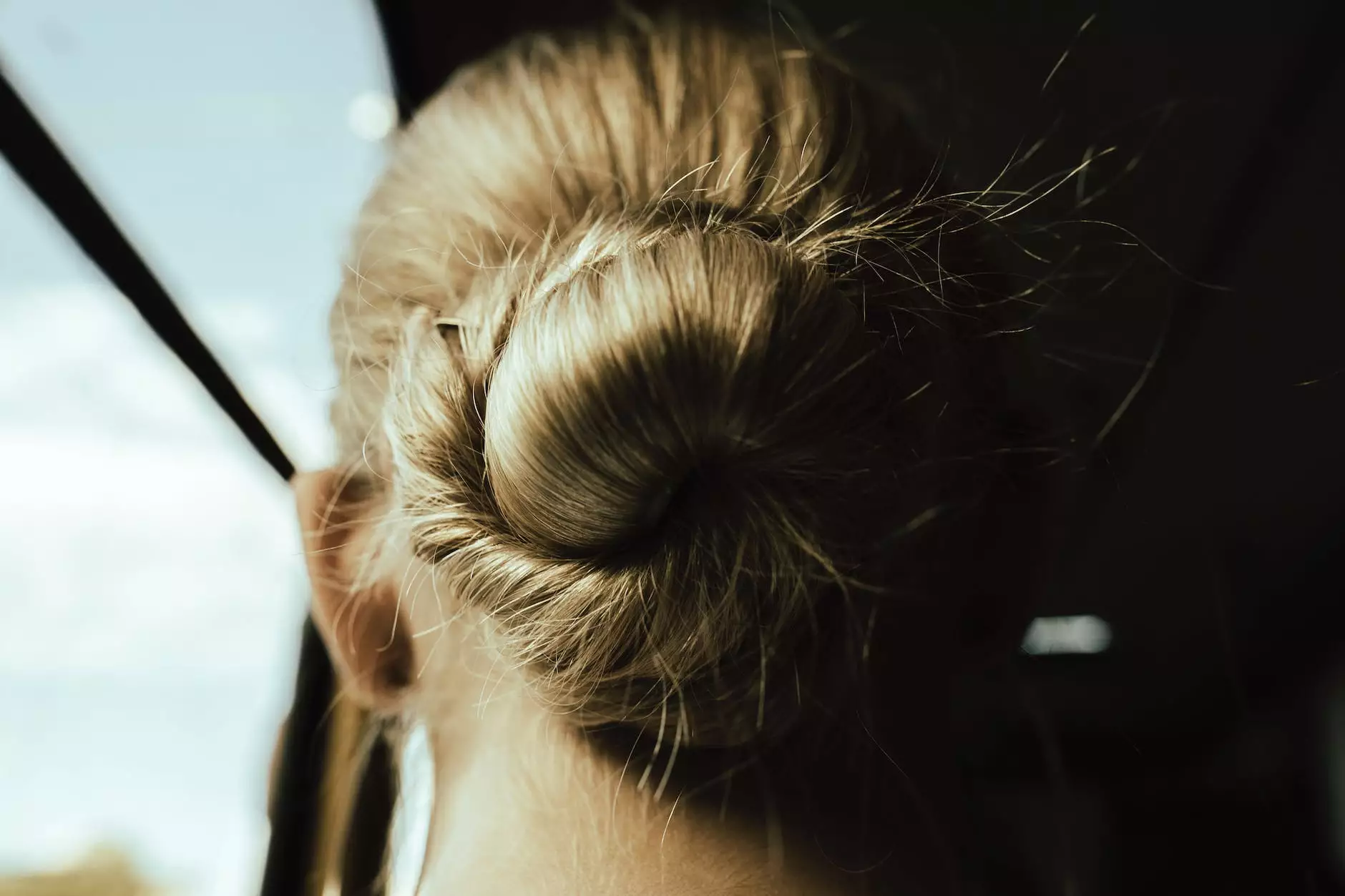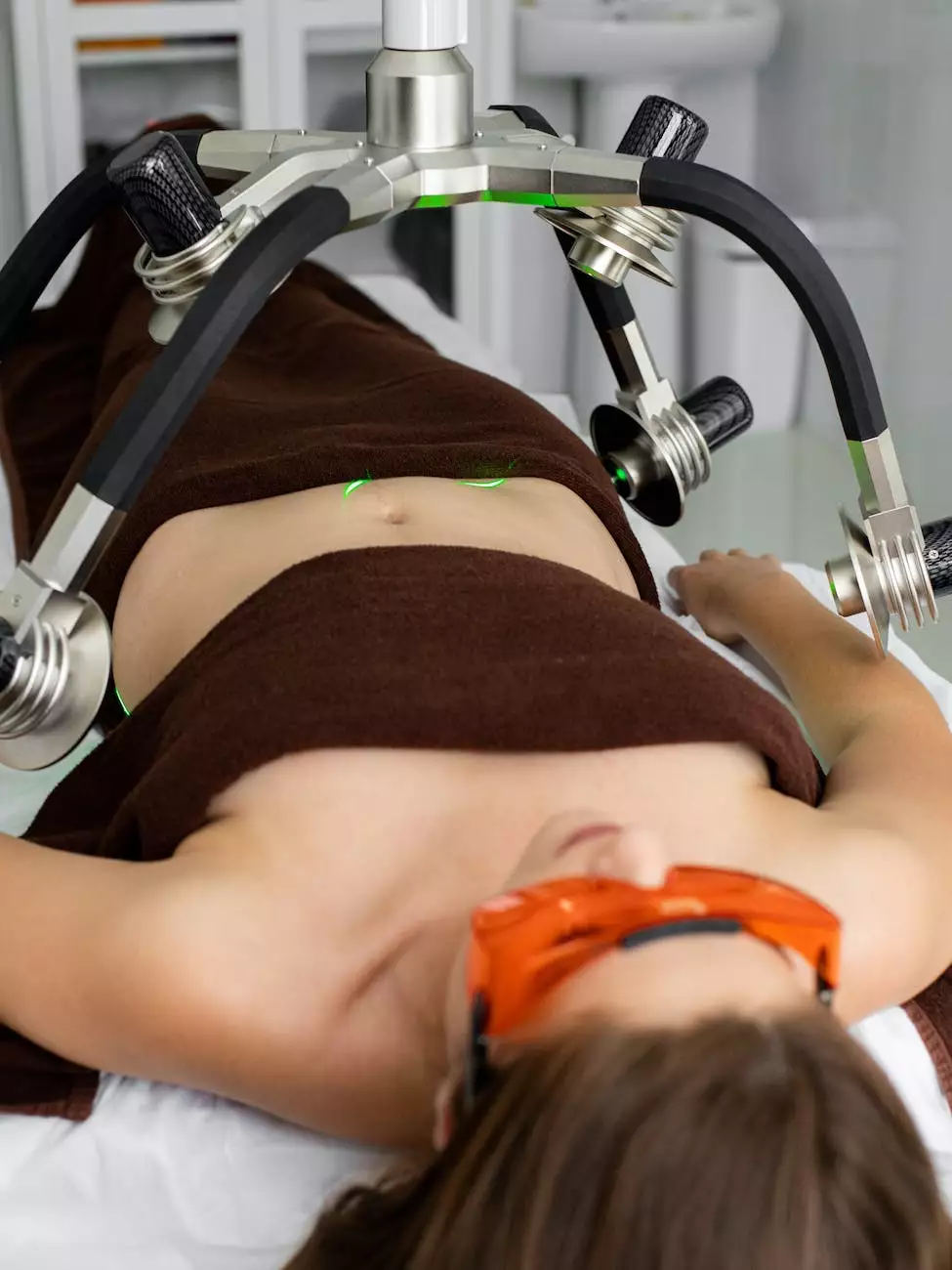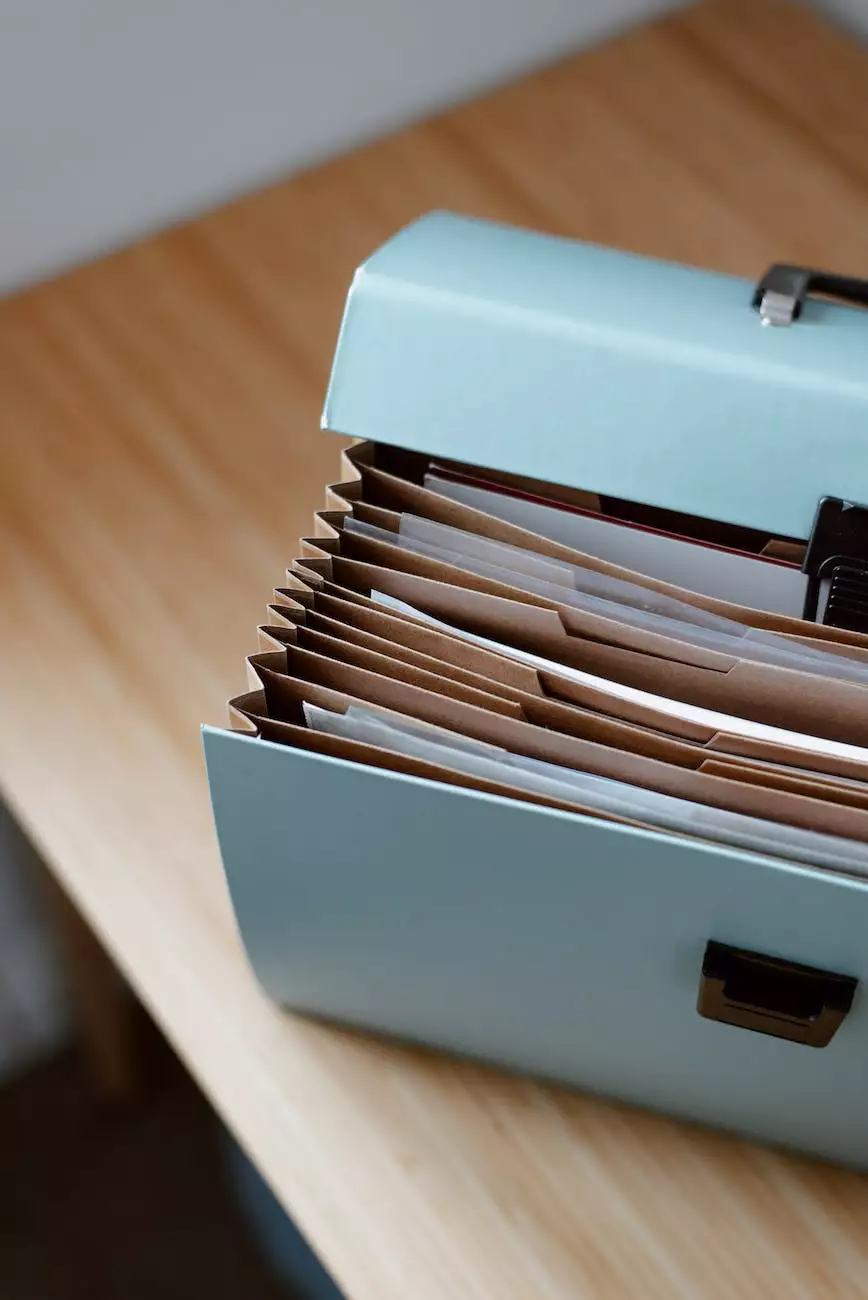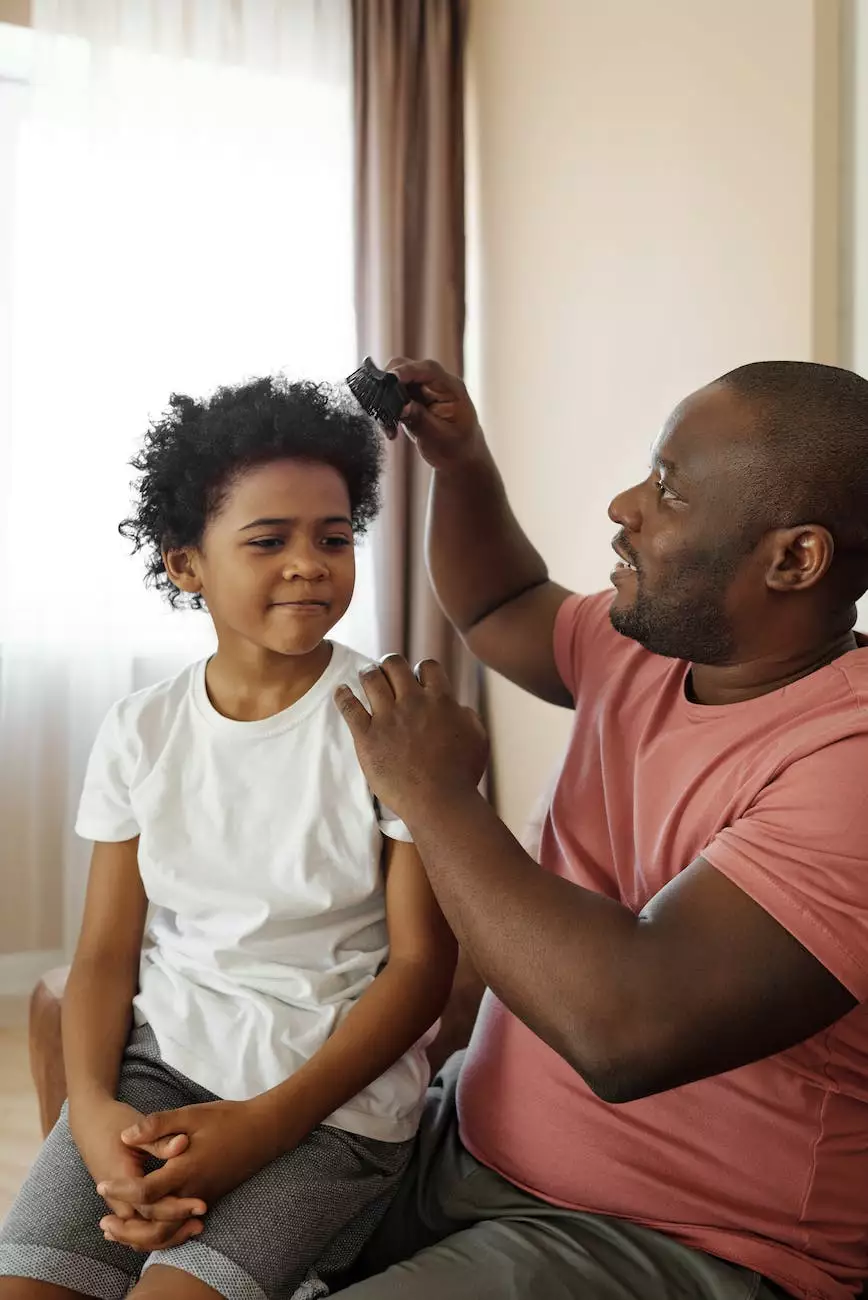Post-Hair Transplant: How Much Time Will I Need to Take Off
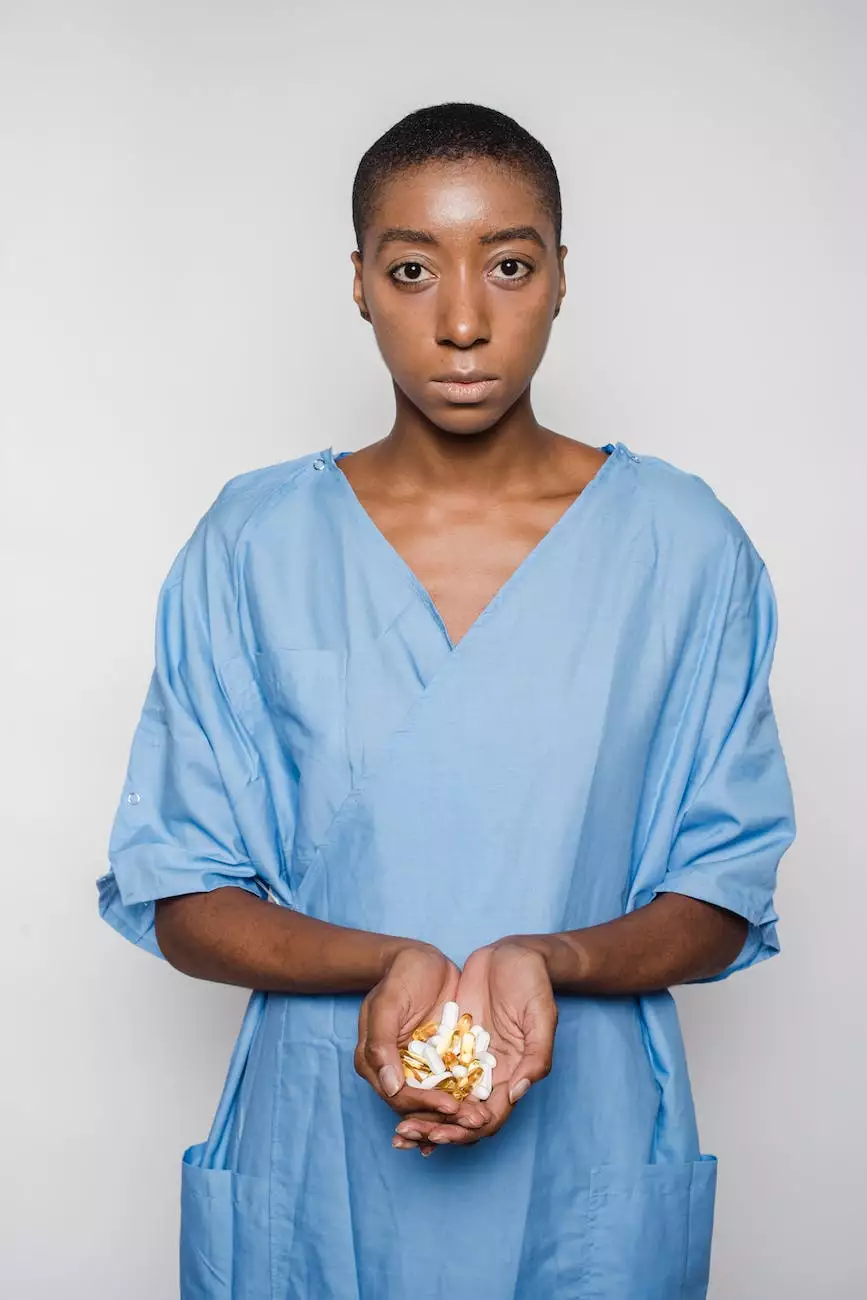
Thank you for visiting the website of Smith, Arthur F, MD, a leading authority in hair transplantation and restoration. In this comprehensive guide, we will delve into the topic of post-hair transplant recovery. One of the most common questions patients have is how much time they will need to take off work or daily activities after undergoing a hair transplant procedure.
The Healing Process
Understanding the healing process is crucial for estimating the time needed for recovery. Hair transplants involve the extraction of healthy hair follicles from a donor area (usually the back of the head) and their transplantation into the areas where hair growth is desired. This surgical procedure requires careful precision and expertise.
After the hair transplant, it is normal to experience some redness, swelling, and mild discomfort. These side effects are usually temporary and subside within a few days. However, it is important to note that the complete healing process can take several weeks.
Immediate Post-Op Care
Following the transplant, you will be provided with detailed instructions on how to care for your newly transplanted hair follicles. It is crucial to follow these instructions meticulously as they play a vital role in the healing process and final results.
During the initial days after the surgery, you may need to wear a protective dressing to safeguard the transplanted area. Our team will provide you with guidelines on how to change the dressing and keep the area clean to prevent infection.
Returning to Work and Normal Activities
The length of time you will need to take off work or daily activities depends on various factors, including the extent of the transplant, your individual healing progress, and the type of work or activities you engage in.
For individuals with jobs that involve minimal physical activity or direct contact with potential contaminants (such as dust or sweat), it is often recommended to take 1-2 days off for rest and recovery. However, individuals with physically demanding jobs that require strenuous activity or exposure to external factors that could harm the transplanted hair follicles may need to take a week or more off work.
During the first week, it is important to avoid activities that may put pressure or strain on the scalp. This includes strenuous exercise, heavy lifting, bending, or any activity that could potentially disrupt the newly transplanted hair follicles.
Although it is crucial to take it easy during the first few days, it is equally important to gradually reintegrate into your daily routine to support the healing process. Our team will guide you through a personalized recovery plan based on your unique circumstances.
Aftercare Tips for Optimal Recovery
Now that you have an understanding of the recovery process, let's discuss some essential aftercare tips to ensure optimal healing and long-term success:
1. Follow Post-Operative Instructions
Our team will provide you with detailed post-operative instructions tailored to your specific case. These instructions may include guidelines on cleaning the recipient and donor areas, avoiding certain hair products, and advice on sleeping positions. Following these instructions diligently will greatly increase the chances of a successful recovery.
2. Avoid Sun Exposure and Protect the Scalp
Direct sun exposure can be harmful to the newly transplanted hair follicles. It is highly recommended to avoid sun exposure during the first few weeks after the surgery, especially without proper protection. Wearing a hat or using a quality sunscreen specifically designed for the scalp can help shield the area from the sun's harmful rays.
3. Adopt a Healthy Lifestyle
A healthy lifestyle plays a vital role in the healing process. Proper nutrition, regular exercise, and adequate sleep will contribute to faster recovery and promote hair growth. It is crucial to follow a well-balanced diet rich in vitamins, minerals, and proteins to provide the nourishment your scalp needs for optimal healing.
4. Avoid Smoking and Alcohol
Smoking and alcohol consumption can have a negative impact on the healing process, as they can constrict blood vessels and impair circulation. It is highly advised to steer clear of these habits, particularly during the recovery phase, to promote better healing and optimal results.
5. Be Patient and Manage Expectations
While hair transplants offer remarkable results, it is important to understand that the final outcome may take time. Patience is key during the recovery period, as hair growth is a gradual process. It is important to manage your expectations and keep in mind that the transplanted hair follicles will undergo shedding before new hair growth becomes visible.
In conclusion, post-hair transplant recovery is a gradual process that requires patience and proper care. The amount of time you will need to take off work or daily activities depends on individual factors. Our dedicated team at Smith, Arthur F, MD is committed to providing comprehensive guidance and support throughout your recovery journey. Contact us today to schedule a consultation and take the first step towards achieving your desired hair restoration results.

